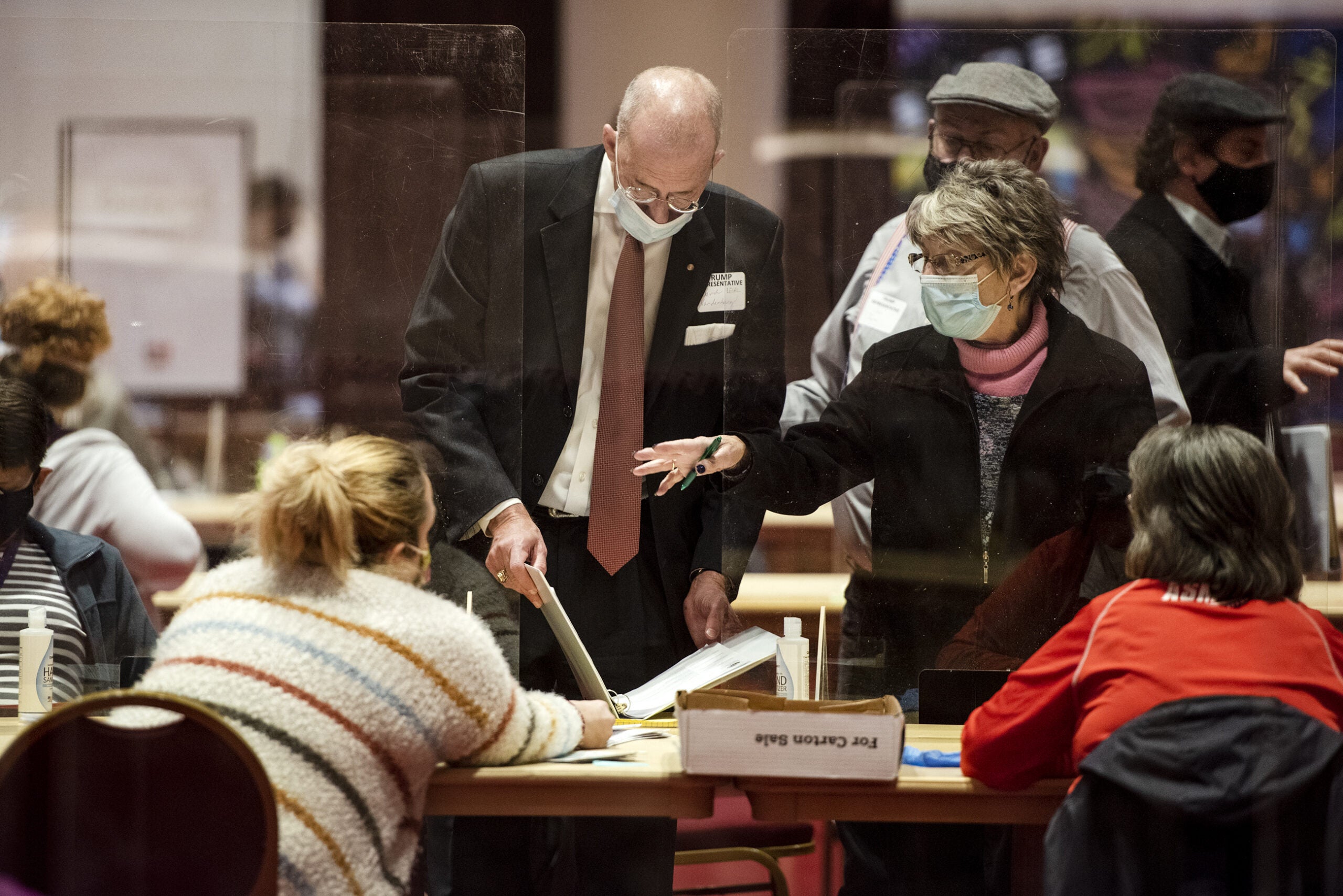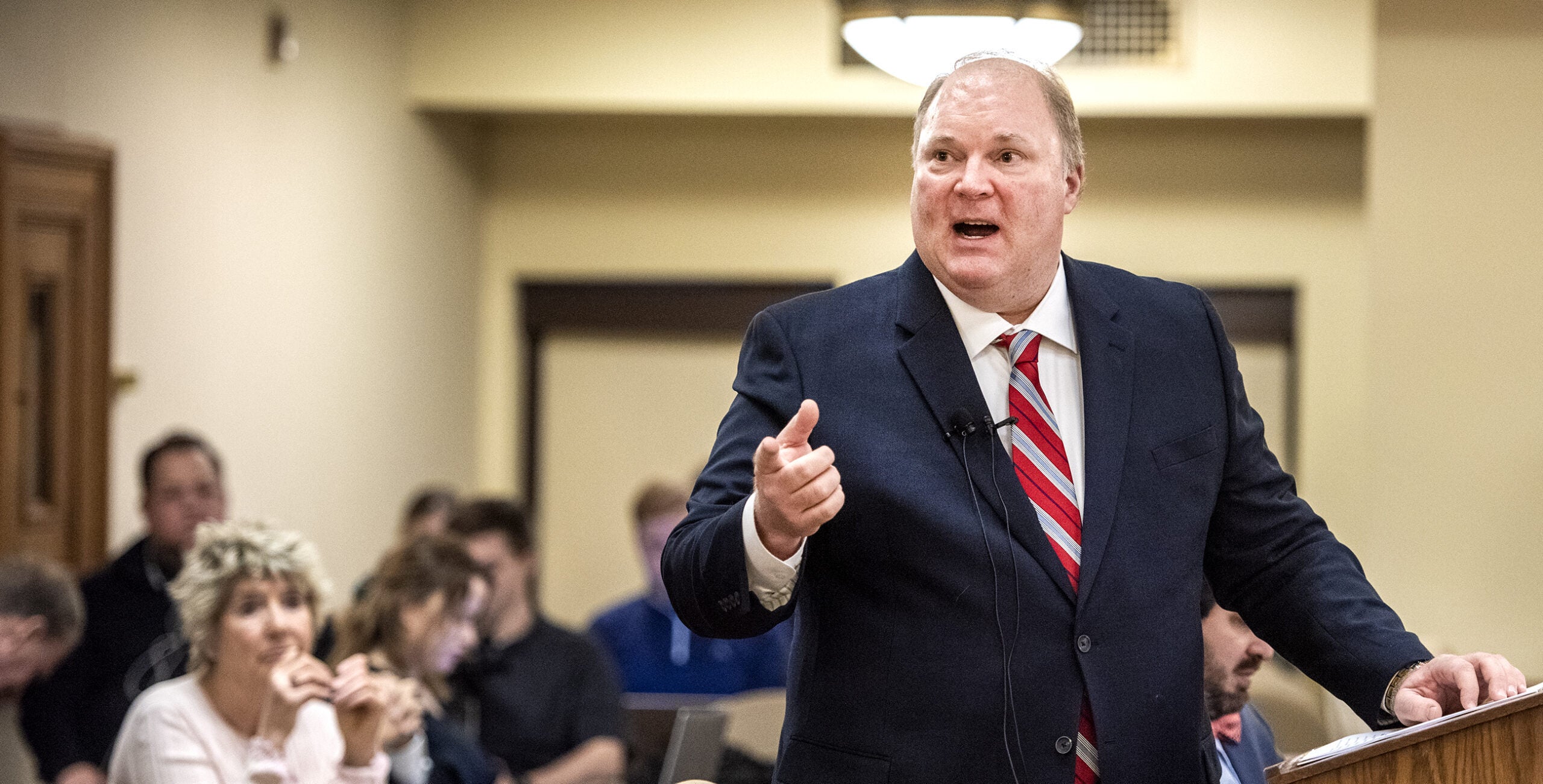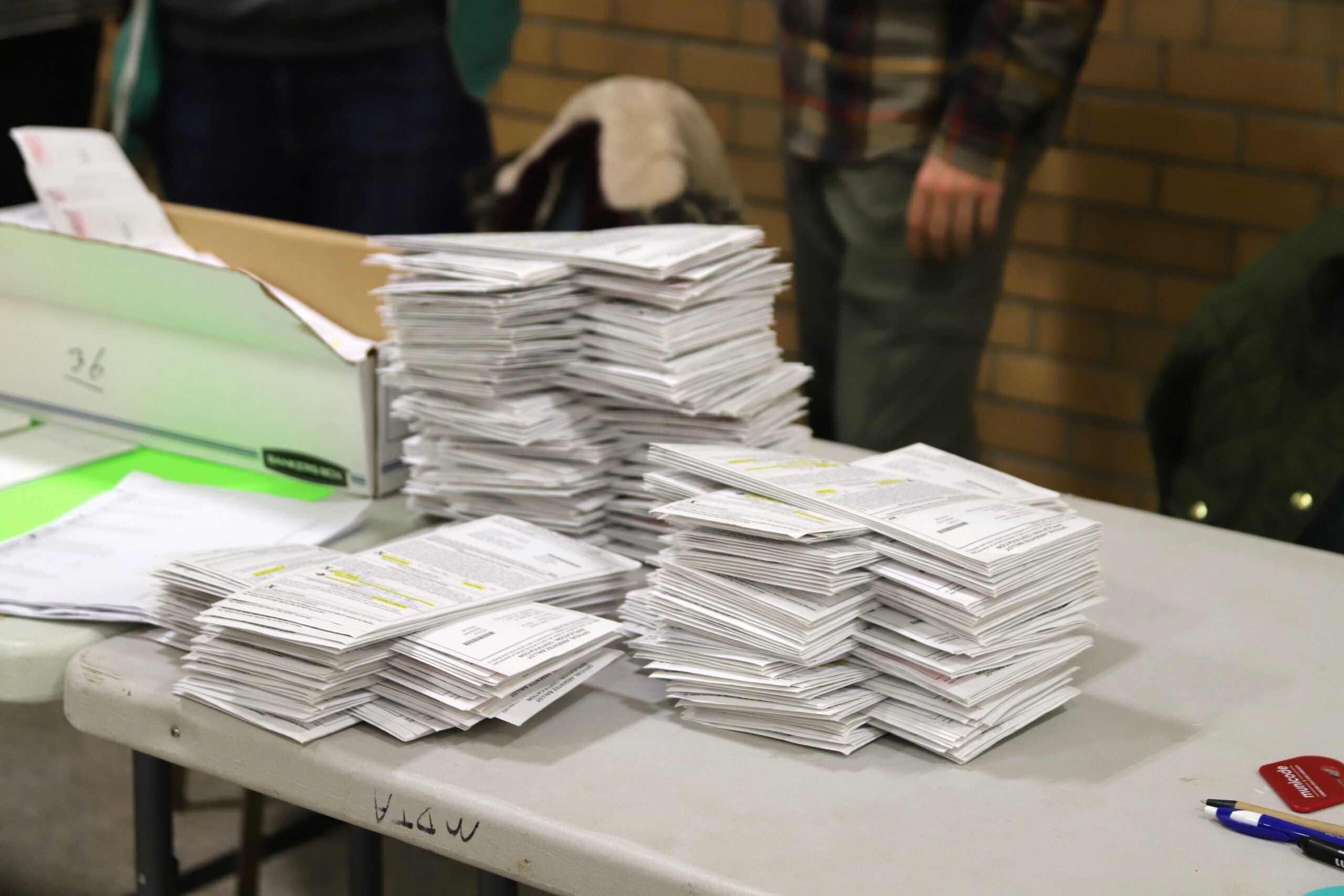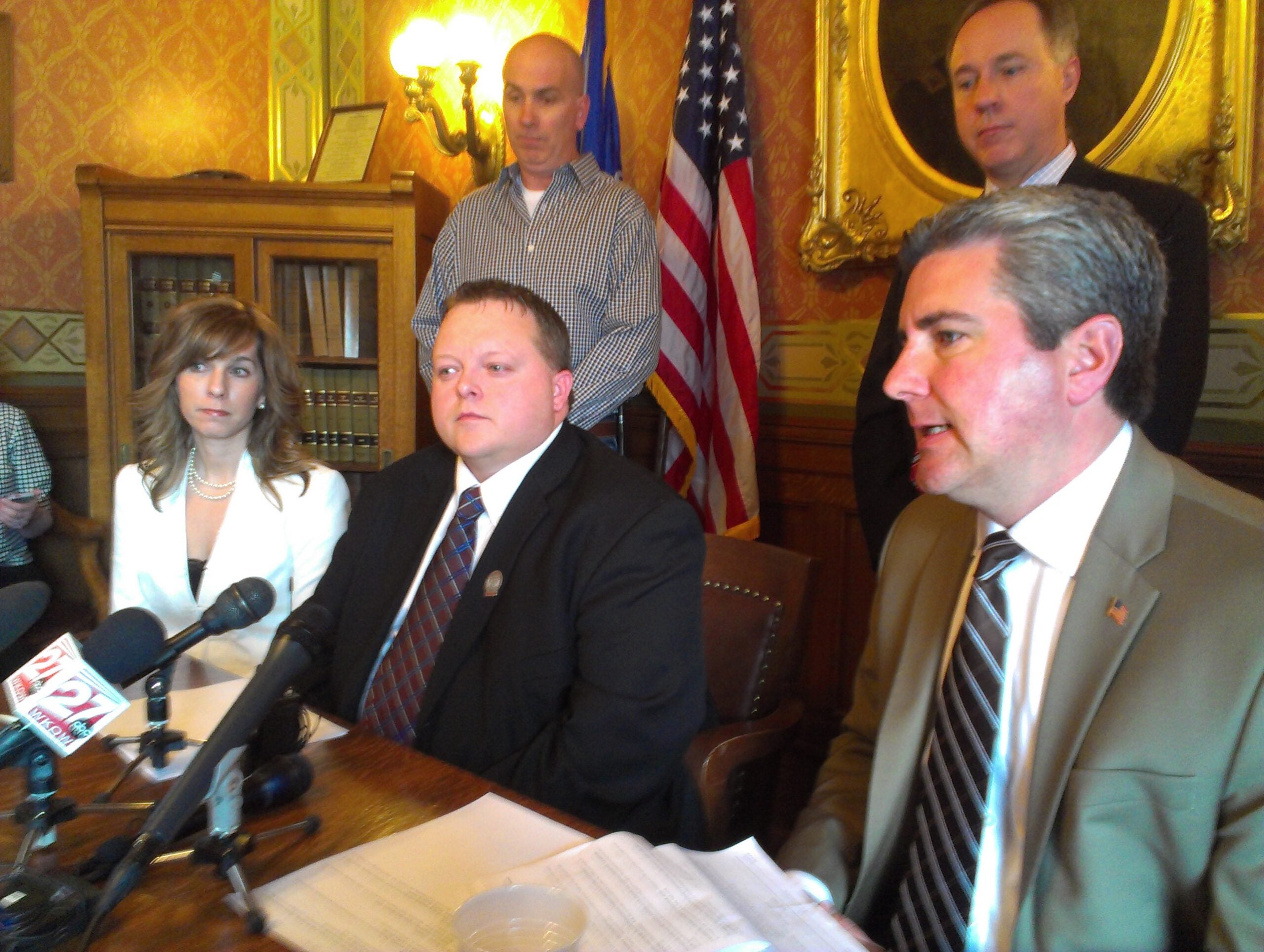The head of a Republican-backed inquiry into the 2020 election in Wisconsin is refuting earlier reports about scaling back subpoenas issued this week to the mayors of Wisconsin’s five largest cities.
The subpoenas — which were delivered Wednesday to the mayors of Milwaukee, Madison, Green Bay, Kenosha and Racine — called on the mayors to provide reams of documents related to the election and to appear in person later this month to be interviewed by investigators about election administration in their communities. Though several mayors agreed to comply with the requests, some raised concerns about the volume of documents requested, the timeline for providing them and a perceived lack of transparency for the in-person interviews.
Some city officials said Friday they were in touch with investigators about scaling back the requests, but the head of the GOP-back inquiry told a conservative radio host on Friday that the effort is moving forward mostly as-is.
Stay informed on the latest news
Sign up for WPR’s email newsletter.
“We issued the subpoenas, we expect full compliance with the subpoenas, we will demand full compliance with the subpoenas in a court of law, as we are legally entitled to do,” former state Supreme Court Justice Michael Gableman said on “The Dan O’Donnell Show.”
Gableman acknowledged there had been cooperation between investigators and representatives from the cities of Madison, Kenosha and Racine to produce whatever documents they’re able to by the end of next week, but said interviews with local leaders will still take place.
“I’ll tell you what, they’re going to show up now, all of them, unless we reach an agreement specifically otherwise,” Gableman said.
According to Madison city attorney Michael Haas, an investigator involved with the GOP effort called his office on Thursday afternoon to walk back the requests. Rather than requiring Madison Mayor Satya Rhodes-Conway to provide “all documents contained in your files and/or in your custody possession, or control, pertaining to the Election,” as was requested in the subpoena, investigators narrowed their ask for Madison to documents previously released as part of public records requests since Election Day, Haas said.
Haas also said investigators canceled their in-person interview with Rhodes-Conway — at least for now.
“I think it was a bit of a compromise, just because there’s no way we could’ve complied with the subpoena and the Oct. 15 deadline, based on what the subpoenas were requesting,” Haas said. “So this will allow us to get them some information, and they can decide where to go from there.”
Haas said the city of Madison has fulfilled roughly 20 to 25 public records requests since the election, and all of the documents from those requests will be transferred to investigators. He said the requests, which have come from a variety of individuals and organizations, have been wide-ranging, but have included inquiries about Madison’s grants from the Center for Tech and Civic Life. Wisconsin’s five largest cities shared a $6.3 million election administration grant from that organization, a group founded by Facebook CEO Mark Zuckerberg and his wife, Priscilla Chan. The grants have come under sharp scrutiny from Republicans, who argue they enabled too much outside influence over how elections were run.
According to Haas, other public records requests had to do with Madison’s “Democracy in the Park” events, which have also been criticized by Republicans, as well as requests for records about who worked at polling places on Election Day, scans of poll books and registration lists and scans of ballot certificates and ballots.
Haas wasn’t aware of any fulfilled records requests related to voting machines, which the head of the GOP-backed investigation has mentioned as another area of interest for the inquiry.
Haas said the city of Madison is “certainly willing to comply” with the investigation, but noted it would have been better if investigators had simply requested the documents in the first place, rather than issuing a subpoena, which comes with potential criminal penalties for noncompliance. He said the investigation seems a bit “unfocused.”
“There doesn’t seem to be a specific direction that they are following, which is not really surprising, because there has not been any violation of the law, there isn’t any clear aspect they should be investigating,” he said.
A representative for the city of Green Bay also confirmed the city is in talks to scale back the initial request in the subpoena.
Jeff Fleming, director of communications for Milwaukee Mayor Tom Barrett, said Friday that Barrett’s office has also been in recent contact with investigators.
“There have been discussions about prioritizing the information they are looking for,” Fleming said via email. “Characterizations by some that the subpoenas have been withdrawn overstate the status of the discussions.”
Kenosha city administrator John Morrissey said Friday he had seen media reports about possible changes to investigators’ requests, but that the city had “not received anything formal making any changes.” He said the city is “proceeding with the request as listed.”
A representative for the city of Racine didn’t immediately respond to requests for comment on Friday.
The GOP-backed election investigation comes after Wisconsin has completed a series of routine state election audits and a presidential recount in the state’s two largest counties. None of those reviews have uncovered widespread fraud or wrongdoing. There have also been numerous Republican-backed lawsuits in the state, all of which have failed to result in findings of wrongdoing by election officials or voters.
According to the Wisconsin Elections Commission, local clerks referred just 13 allegations of suspected fraud in the November 2020 election to district attorneys. Nearly 3.3 million votes were cast in the state.
President Joe Biden won Wisconsin by about 21,000 votes — a margin similar to several other razor-thin statewide elections in recent years.
Wisconsin Public Radio, © Copyright 2025, Board of Regents of the University of Wisconsin System and Wisconsin Educational Communications Board.




